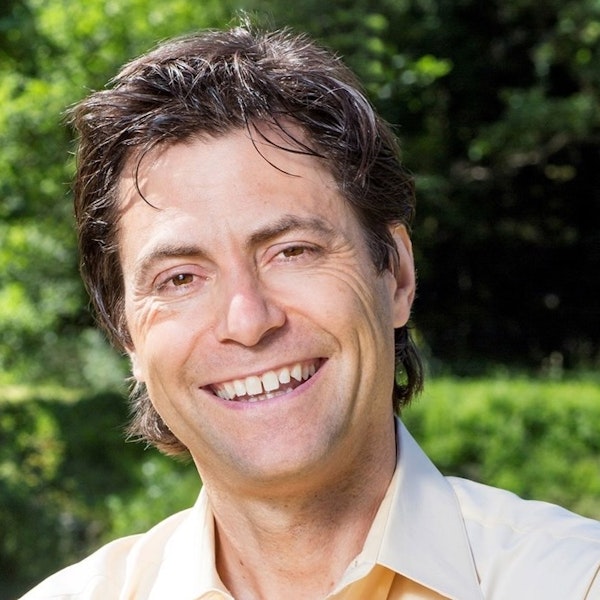
The 95% AI
Unlocking AI’s True Potential: Professor Max Tegmark’s Vision for a Human-Centric Future at Web Summit Lisbon 2025
(This article was generated with AI and it’s based on a AI-generated transcription of a real talk on stage. While we strive for accuracy, we encourage readers to verify important information.)
Professor Max Tegmark, an AI research professor at the Massachusetts Institute of Technology, delivered an optimistic address at Web Summit Lisbon 2025. He highlighted a broad consensus, shared by 95% of Americans and the audience, favoring AI tools that solve problems over superintelligence that could render humanity obsolete.
Professor Tegmark and his colleagues advocate for prohibiting superintelligence development until its safety and control are scientifically assured and publicly accepted. This contrasts with major companies racing to create potentially uncontrollable AI, a future largely rejected by the public and even some industry leaders like Elon Musk and Sam Altman.
He defined AI’s “superpowers” as Domain Intelligence (I), Generality (G), and Autonomy (A). The “95% AI” comprises controllable tools with one or two powers (e.g., AlphaFold, self-driving cars), complementing humans without posing an existential threat.
Conversely, AI with all three superpowers risks replacing humans entirely. Professor Tegmark emphasized that AI’s vast potential—from saving lives in healthcare and on roads, to revolutionizing drug discovery and materials science—does not require this dangerous, all-encompassing superintelligence.
Tool AI can also provide accessible, personalized education, transforming economies and accelerating sustainable development goals. This demonstrates immense progress is achievable within human-controlled AI frameworks, ensuring beneficial outcomes for society.
Professor Tegmark also shared his MIT research on “VeriCoding,” where AI generates both code and its formal proof of correctness from human specifications. With a success rate now at 96%, this represents a significant leap in bug-free programming, akin to compilers automating machine code generation.
Another research area involves using AI to enhance truth-finding. Professor Tegmark argued against centralized disinformation efforts, noting AI excels at detecting relative media bias (left-right, establishment) by analyzing language. The Verity.news platform helps users grasp nuanced perspectives and understand underlying narratives.
To secure the “95% AI” future, Professor Tegmark urged public action against “lame excuses” for unchecked superintelligence development. He refuted the idea that superintelligence is “inevitable,” citing humanity’s successful bans on other risky technologies like human cloning.
He criticized the AI industry’s lack of binding safety standards, advocating for oversight similar to pharmaceuticals. The “But China” argument was dismissed as a lobbyist tactic, as China’s government, prioritizing control, would likely not permit the development of superintelligence.
Finally, Professor Tegmark called for public engagement on AI governance, encouraging discussions on issues like AI control over nuclear codes, emergency off switches for data centers, age limits for AI companions, and preventing monopolies. He emphasized that collective voice can shape a beneficial AI future.
